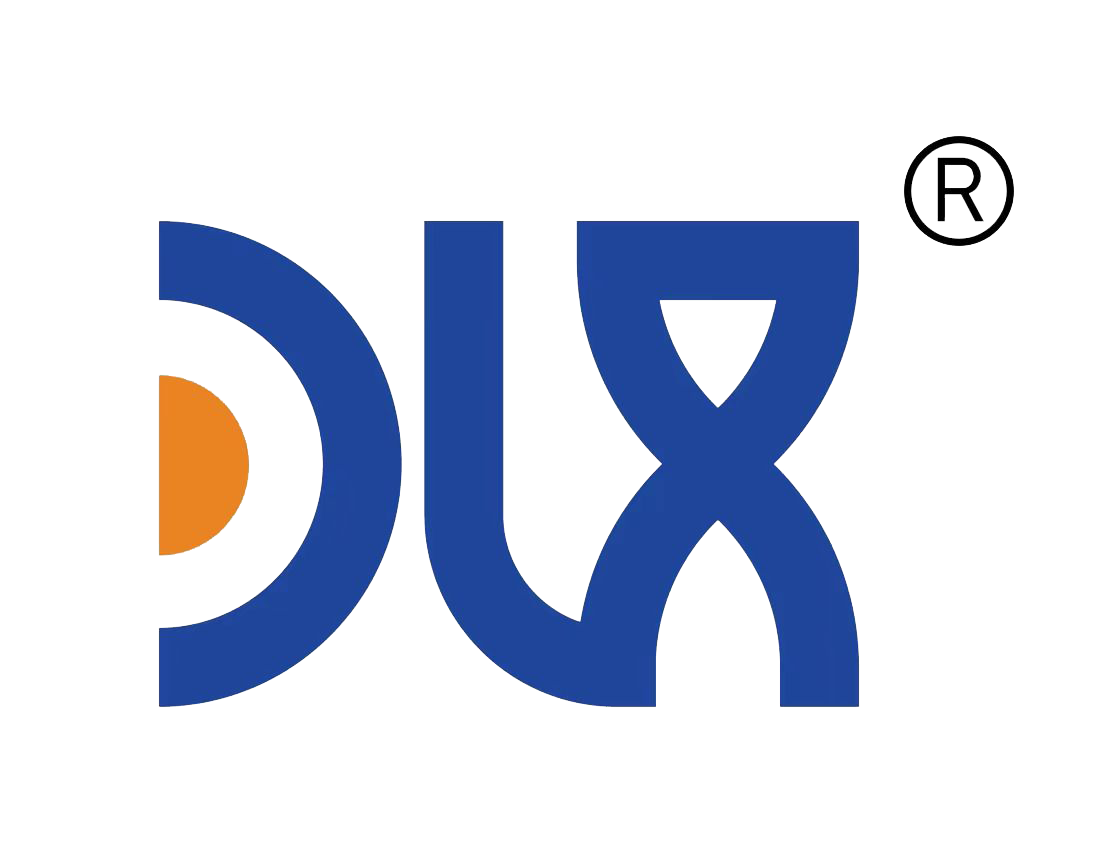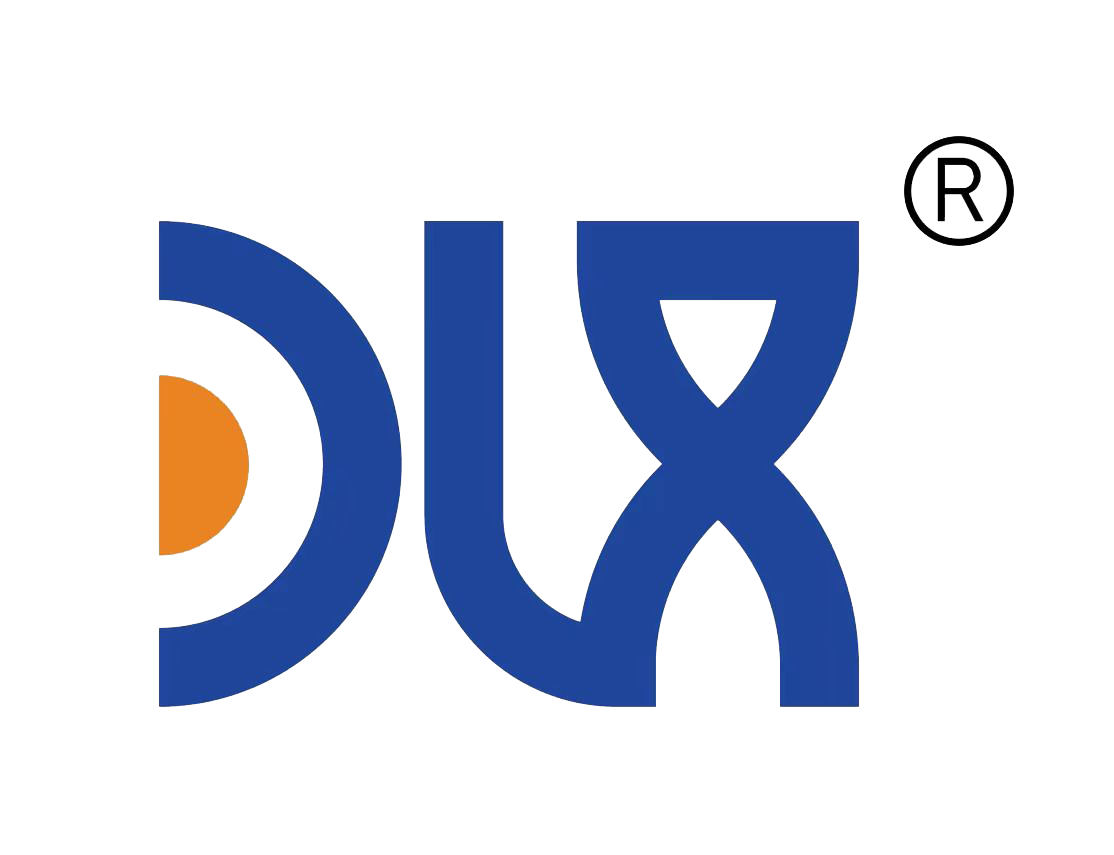Product Description
Inconel 718 is a robust nickel-chromium alloy renowned for its superior strength and durability in extreme conditions. Specifically designed for high-demand applications, Inconel 718 rods provide exceptional tensile strength, excellent corrosion resistance, and outstanding thermal stability. Their ability to handle intense temperatures and mechanical stress makes them a trusted solution for the most challenging industrial environments.

Key Features:
High Tensile and Yield Strength: Inconel 718 rods offer superior strength, even at elevated temperatures, maintaining structural integrity under heavy loads and extreme conditions.
Excellent Corrosion Resistance: The alloy provides outstanding resistance to oxidation, pitting, and crevice corrosion, making it suitable for harsh chemical and marine environments.
High-Temperature Performance: Inconel 718 can perform effectively in temperatures ranging from cryogenic levels up to 700°C (1,300°F), making it ideal for both high-heat and cryogenic applications.
Good Weldability and Fabricability: Inconel 718 rods can be easily welded, machined, and fabricated, allowing for the creation of complex components without compromising material properties.
Long-Term Durability: The alloy is resistant to thermal fatigue, creep, and stress corrosion cracking, ensuring a long service life in demanding applications.
Advantages of Inconel 718 Rod
Exceptional Strength: Inconel 718 rods provide high tensile and yield strength, even at elevated temperatures, making them suitable for applications that demand mechanical integrity under extreme conditions.
Outstanding Corrosion Resistance: The alloy offers excellent resistance to oxidation, pitting, and crevice corrosion, which ensures long-term performance in harsh environments, including chemical processing and marine applications.
High-Temperature Stability: Inconel 718 maintains its properties across a wide temperature range, from cryogenic levels to up to 700°C (1,300°F). This makes it ideal for both high-temperature and low-temperature applications, such as in aerospace and energy industries.
Good Weldability: Unlike many other high-strength alloys, Inconel 718 is readily weldable and can be fabricated with minimal cracking, making it easier to work with during manufacturing.
Resistance to Creep and Fatigue: Inconel 718 rods resist thermal fatigue, creep, and stress corrosion cracking, providing reliability and longevity in cyclic high-stress environments like gas turbines and jet engines.
Versatility: Due to its robust combination of strength, corrosion resistance, and temperature performance, Inconel 718 rods are used across a wide range of industries, including aerospace, oil and gas, power generation, and chemical processing.

Applications:
Aerospace: Used in turbine engines, spacecraft components, and other high-performance parts exposed to extreme heat and stress.
Energy and Power Generation: Ideal for gas turbines, nuclear reactors, and other energy applications requiring high strength and corrosion resistance.
Oil and Gas: Employed in drilling tools, valves, and other components exposed to corrosive environments and high pressure.
Chemical Processing: Suitable for equipment exposed to aggressive chemicals and high temperatures.



FAQ
Q1: What are the main applications of Inconel 718 rods?
A1: Inconel 718 rods are commonly used in aerospace, gas turbines, nuclear reactors, and oil & gas industries due to their high strength and corrosion resistance.
Q2: What temperature range can Inconel 718 withstand?
A2: Inconel 718 can withstand temperatures ranging from cryogenic levels up to 700°C (1,300°F).
Q3: Is Inconel 718 easy to weld?
A3: Yes, Inconel 718 is known for its good weldability, making it easier to fabricate without cracking.
Q4: How does Inconel 718 resist corrosion?
A4: Inconel 718 offers excellent resistance to oxidation, pitting, and crevice corrosion in various harsh environments.
Q5: What is the tensile strength of Inconel 718 rods?
A5: The tensile strength of Inconel 718 rods is approximately 1,240 MPa (180 ksi).





